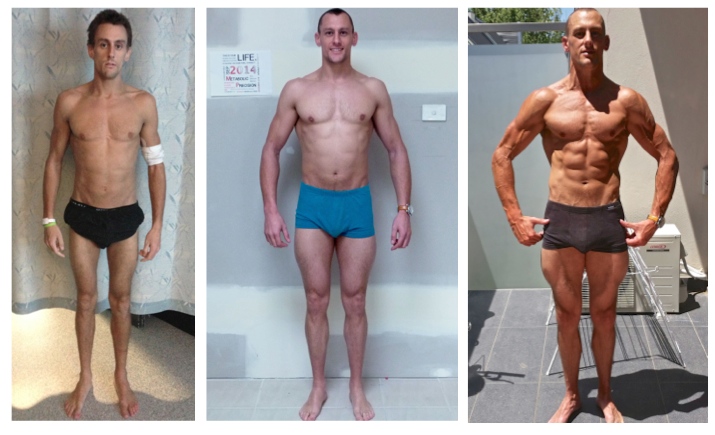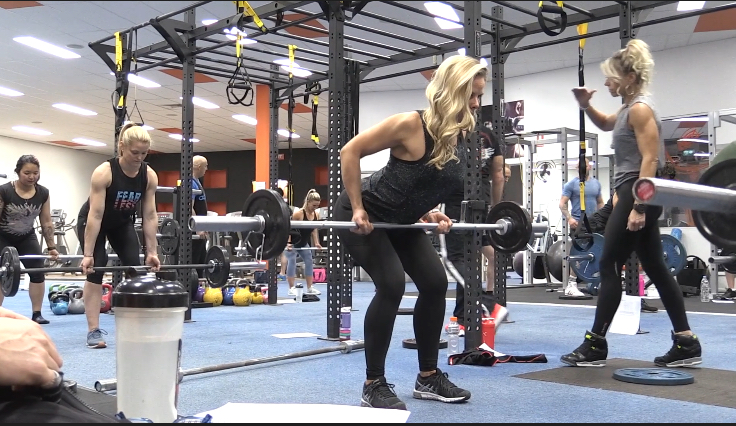
To give you a brief background, Cancer is essentially a failure of the body to regulate cell growth and development. Cells normally go through a ‘checking process’ whereby abnormal/diseased cells are ordered to ‘self destruct’ a natural process called apoptosis.
In Cancer however, abnormal cells aren’t given this message, and go on to multiply and replicate at sometimes astonishing rates, and they begin to ‘hijack’ tissue and organs causing damage and ultimately, failure.
Cancer is, unfortunately, an all too common illness, with around 1 in 2 Australians that make it to the age of 85 being effected at some stage in their life. The most common Cancers are skin, bowel, lung, breast, and prostate. However, various Cancers do have different pathologies which can make treatment quite difficult.
There are highly complex genetic and environmental pathways involved in the development of Cancer, many of which are not well understood. There are multiple factors which may contribute to the failure of the usual cell-checking mechanisms, and these range from inherited disorders to external factors such as overwhelmed antioxidant defences from smoking, radiation and UV exposure.
A common, and often lethal problem for many Cancer sufferers and survivors is the loss of skeletal muscle tissue. Named Cachexia – essentially a cancer induced state of severe and dramatic muscle loss (although other severe illnesses such as HIV, Crohns and Colitis can also cause it). Cachexia is compounded by a loss of appetite and other severe metabolic dysfunctions.

To give you an idea of how important muscle mass is for longevity, when most people lose more than 25% of their muscle mass, death is the imminent risk regardless of the condition. Most oncologists would agree that once a patient loses approximately 30% of their pre illness weight, they are very much approaching deadly weight loss. This will vary depending on the patients pre-illness body composition. Interestingly, some hormone driven cancers (such as breast cancer) will mask their muscle loss with fat gain. Which makes body weight changes and Cachexia even more difficult to diagnose.
How does Cancer create such dramatic muscle wasting?
Our muscles are the link to our immune system. Muscle provides the ‘fuel’ that drives the immune response. Cachexia causes an extreme and unrelenting immune response by promoting very large amounts of substances known as inflammatory cytokines. These substances basically travel around the body and cause widespread inflammation and destruction of healthy cells.
I’m sure we’re all familiar with the loss of appetite, fever etc that comes when we have influenza, or even a common cold. Inflammatory cytokines are responsible for this but on a much smaller scale. The main offenders in Cachexia are interleukin-1, interleukin-6, and tumour necrosis factor alpha (TNF-A).
These inflammatory cytokines induce severe, widespread inflammation throughout the whole body, and one of their first effects is to drastically ramp up something called C-reactive protein (CRP); a high CRP has a flow on effects of it own, including extreme muscle breakdown (via proteolysis inducing factor, PIF).
Cachexia and severe weight loss effects around 80% of Cancer patients, and ends the life of almost 50% of Cancer patients. It’s not just this metabolic/cellular derangement that causes problems, Cancers also can produce high levels of a substance called leptin – a hormone which stops hunger. Disturbingly, with Cancer, the body will keep ramping up leptin levels, despite severe, life threatening weight loss.
To compound this problem, Cancer treatments are notorious for causing nausea, vomiting and interfere with absorption (malabsorption) of nutrients. If all this wasn’t enough, we also often see high levels of depression and anxiety amongst Cancer sufferers and survivors, and this can further decrease appetite.
Clearly, there are extraordinary metabolic demands placed on the body in people fighting and recovering from Cancer. The immune system and organs, the high levels of cytokines and environment created by the cancer as well as the side effects of medications often use to treat and manage the condition. This can be made even worse by malabsorption and diarrhoea – secondary complications that exacerbate the patient’s condition and create further nutrition deficiencies. Another significant cause of delayed recovery and death in surviving cancer patients is infection.
Survival often depends on reducing the severity of the secondary complications that produce malabsorption, nutrient deficiencies and subsequent depletion of muscle mass. A most critical variable to combat these is the individuals approach to nutrition. In the following pages we will cover
• How to Maintain Adequate Protein Intake
• The Best Fats
• Carbohydrate Choices
• Nutrient Timing
• Summary of Nutritional Guidelines & References






